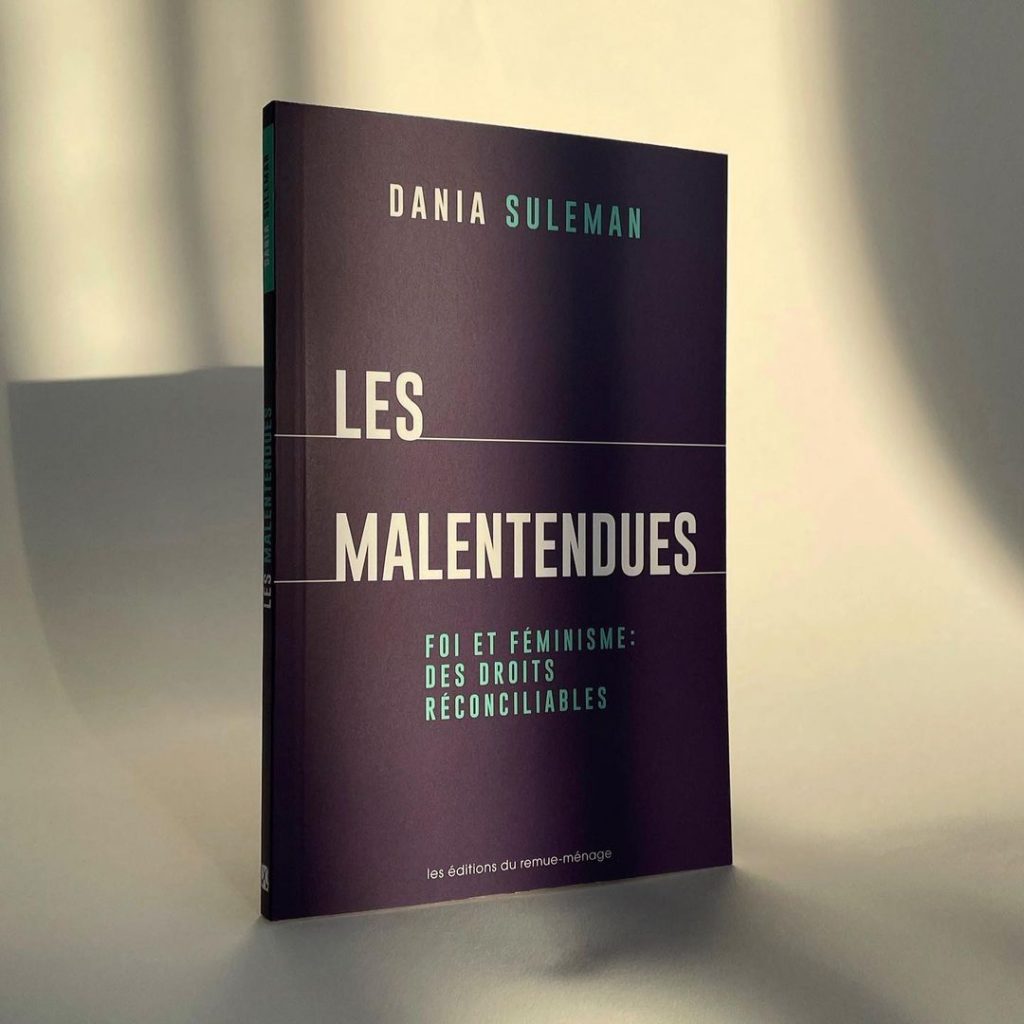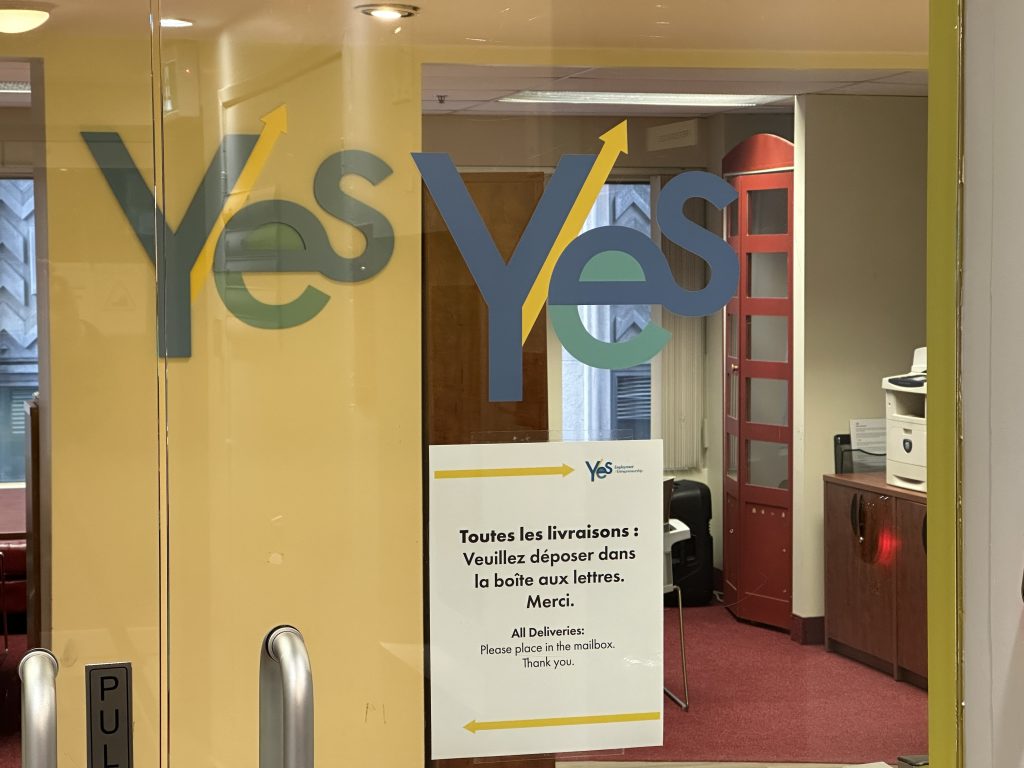Quebec author explores if religious identity and feminism can mutually exist

Posted December 8, 2021 12:49 pm.
Last Updated December 9, 2021 8:52 am.
Quebec and Eritrean author Dania Suleman is exploring the intersection of faith and feminism in her latest book, “Les Malentendues.”
In the 125-page essay, the author and lawyer discusses freedom of religion, gender equality, the integration of immigrant communities – and how they can all be intertwined.
“And I just thought that given my background… I am a woman of faith and I am also a feminist, I thought, ‘well I feel very excluded from this debate because I believe in both principles being able to align together,” said Suleman, who currently lives in New York.
Suleman explains that she felt pressure to write the essay after Bill 21 took effect in Quebec in 2019. The bill bans some public sector employees in position of authority, like teachers and police officers, from wearing religious symbols while on the job.
#WATCH: Quebec author & lawyer @SulemanDania has written a book about what she says it’s like to feel excluded from the debate on women’s rights in the province. The inability for some people to be able to see her both as a woman of faith & a feminist.
@WalaAmara9 pic.twitter.com/PqhhabDxbV— CityNews Montreal (@CityNewsMTL) December 8, 2021
Suleman felt there was a way to reconcile the seemingly disparate topics.
“Binarity is such a limiting way of life to be like, you’re either a feminist and anti-religion, or you’re religious but you cannot live within principles of gender equality. This whole binary thinking of good and bad, or of the good and bad immigrant, the one that is asking for too much versus the one that’s quiet, isn’t asking much.
“So binary thinking or even the whole principle of whenever a woman of faith – especially a woman wearing the hijab – we’re always asking her, ‘did you choose to wear the veil or were u forced to wear the veil?’ So it’s very binary.”
Suleman says the idea of the book – that religious identity and feminism can co-exist within the same individual – took hold of her around 2013.
“When Quebec was going through a heavy political debate on the Quebec Charter of Values, in which at that time the PQ (Parti Quebecois) wanted to implement that basically every worker of the public function could not wear a symbol, a religious symbol, in their working hours.”
Suleman hopes her book can help heal social divides in Quebec society.
“If feminism was able to educate women about spaces in which they were unequal, including religious women, they’re now doing work within their religious institutions, sacred spaces or religious. Now we need close the circle and be able to legitimize their work and include it.
“If we’re able to legitimize the work of so many other feminists, then it’s also the time to start legitimizing the work of religious feminists that are trying to change from within a structure that has been very patriarchal throughout time.”









